 |
 |
 |
|||
 |
 |
 |
 |
 |
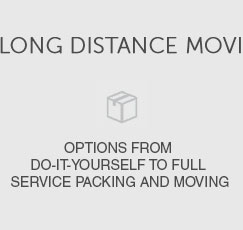 |
 |
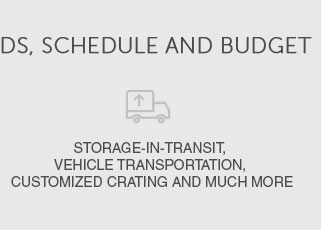 |
 |
|||
 |
 |
 |
 |
 |
||
 |
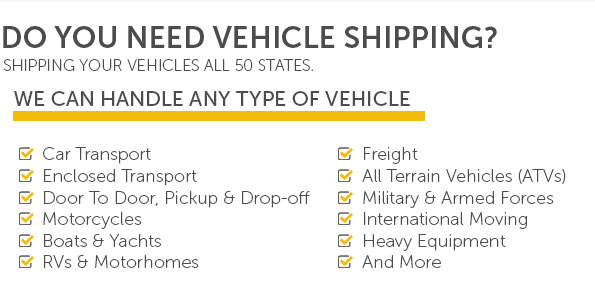 |
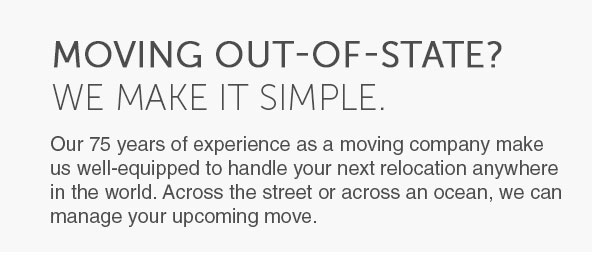 |
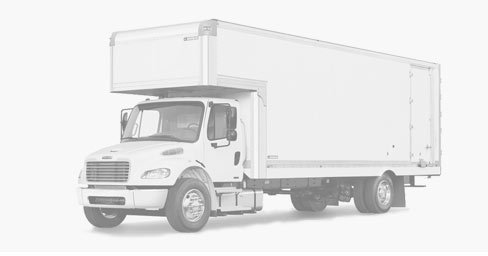 |
|
0vshrj48oaz Discover the true cost of your next move with precision and ease-our 'calculate moving cost' tool is designed to demystify the moving process, providing you with instant, transparent quotes that empower you to plan with confidence; no hidden fees, no surprises, just straightforward pricing to help you navigate your journey with certainty and peace of mind, so you can focus on the excitement of new beginnings.
https://www.mayflower.com/moving-tips/blog/estimate-moving-costs
When determining the cost of a move, every moving company has its own way of calculating the costs of a move. Typically, local movers or labor-only movers will ... https://www.movingapt.com/moving-cost-calculator/
On average, you're going to spend around $1,250 on a local move (less than 100 miles from where you live now). If you're moving long distance, ... https://www.angi.com/articles/how-use-relocation-calculator.htm
Do you plan to rent a moving truck to transport your belongings? If so, you can expect rental truck costs to run about $120 to $200 for a local ...
|